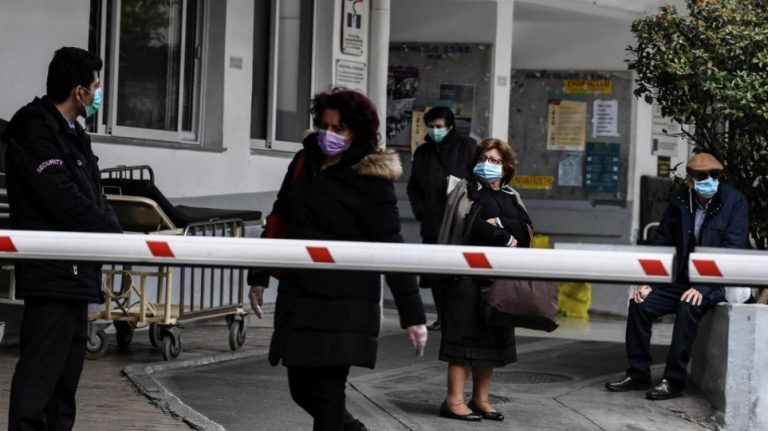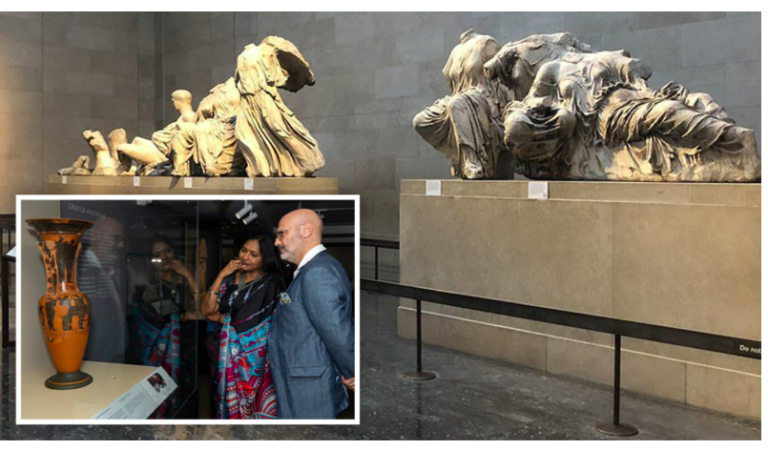According to a nationwide survey, 9 out of 10 Greeks said they were fully informed about the coronavirus, while the percentages of those who respect the personal hygiene measures for the protection against the virus are correspondingly high.
The survey conducted by GPO on behalf of the Panhellenic Medical Association (PIS) in the 13 Regions of the country from a sample of 1,129 people per region, revealed that 90.5% of citizens responded yes to the question of whether they think they are well informed about the issue of coronavirus, with 8.1% saying they were not well informed about the pandemic.
Citizens
On the matter of observing personal hygiene measures, 9 out of 10 (89.4%) stated that they complied with them daily. A percentage of 9.3% said they follow hygiene measures often but not daily, while only 0.7% said they do not follow them because they do not think they play any role in containing the virus.
Regarding the health services offered in the country, 36% of the participants in the survey stated that they are satisfied, 27.8% dissatisfied, while 34.2% responded that they are neither satisfied nor dissatisfied.
Of those who said they were satisfied with the health services provided, 90.1% attributed this to medical staff, 61.7% said it was due to the nursing staff, while a percentage of 28.4% attributed their satisfaction to the good level of administrative organisation.
In terms of their preferences and what type of medical care and health institutions they visited more often, 54% said they mainly chose private clinics, 46.3% hospitals, 25.3% contracted doctors with National Health Service Organisation (EOPYY), 8.5% of Health Centres-PEDY Clinics, while 5,% visited more often private Polyclinics and private clinics.
Doctors
Based on the main data of the research in the medical world, it appears that in the last three years most doctors have increased the number of patients served at a rate of 59.6%. A percentage of 25.4% of physicians stated that the number of patients remained the same, while a percentage of 13.5% claimed that the number of patients decreased.
Among the biggest problems facing doctors in the country, according to the professionals’ responses, was the decline of pensions and the increase of pension caps (39.4%), the numerous legislative changes (34.2%), the attempt to discredit the medical profession (32, 8%), as well as the general material and technical deficiencies of the Public Health Sector (31.8%).
The previous responses are linked to, and explain, the doctors’ answers to the question: after the reductions in pensions, they intend to continue working after 67 years (59%).
Of those who cited payment delays (13.1%) as one of the two main problems, most said the delays came from: the public health system (41.5%), the Pension Funds (38, 5%), while 32.3% stated that payment arrears come from patients in the doctor’s office.
The survey included both men and women over the age of 17, as well as 797 doctors of both private and public sector. The research for citizens was carried out from March 5-12 and that of doctors from March 12-21.
also read
Covid-19 death toll reaches 89 in Greece
Ask me anything
Explore related questions





